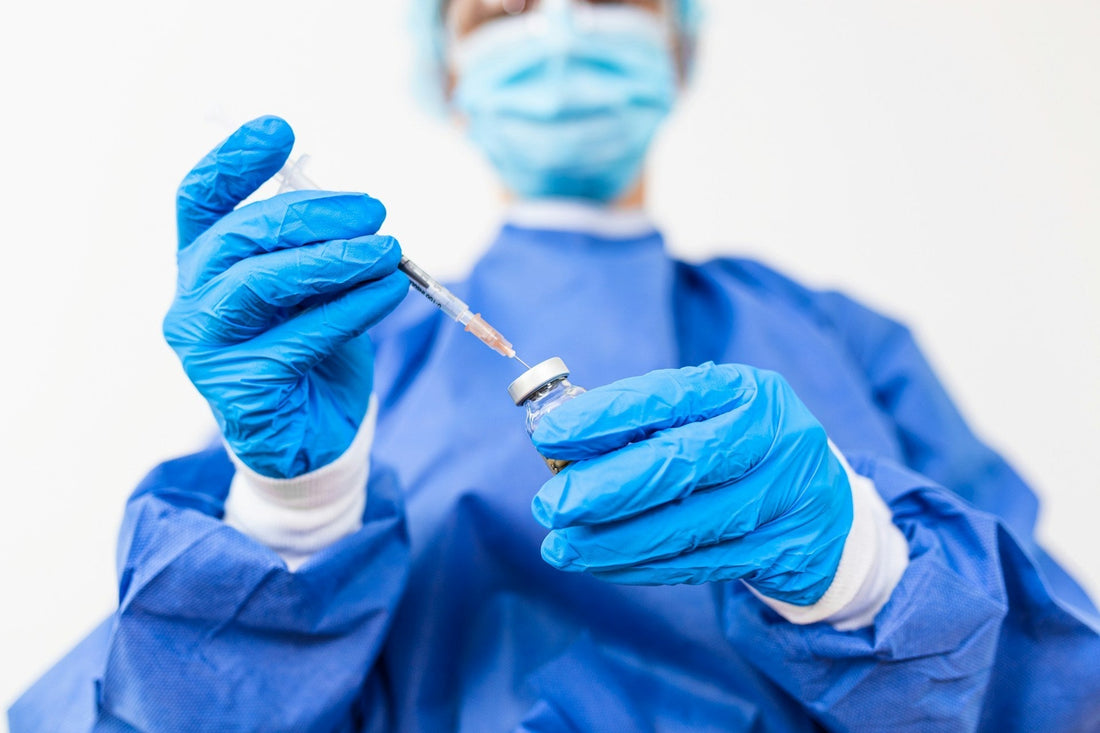As peptide research continues to advance, the importance of selecting reliable peptide suppliers cannot be overstated. The quality of peptides used in experiments directly impacts the validity and reproducibility of scientific findings. In this article, we aim to provide a comprehensive comparative analysis of three prominent peptide companies: Peptide Hub, Peptide Sciences, Core Peptides, and Pharma Grade Peptides. By examining factors such as peptide purity, product range, pricing, reputation, regulatory compliance, and quality assurance, we hope to assist fellow peptide researchers in making informed decisions when sourcing research peptides.
Quality Assessment
Peptide Purity
Peptide purity is crucial for ensuring accurate and reliable results in research experiments. Different companies may employ various methods to assess peptide purity, such as high-performance liquid chromatography (HPLC) or mass spectrometry. Peptide Hub, Peptide Sciences, Core Peptides, and Pharma Grade Peptides all claim to offer high purity peptides, typically above 98%. However, it is essential for researchers to verify these claims through independent testing or by examining the company's certificates of analysis.
Synthesis Techniques
The methods used for peptide synthesis can significantly impact the quality of the final product. Peptide Sciences, Core Peptides, and Pharma Grade Peptides each employ distinct synthesis techniques, with Peptide Sciences utilizing solid-phase peptide synthesis (SPPS), a widely recognized and efficient method for producing high purity peptides. Researchers should inquire about the synthesis techniques used by each company to ensure they meet their quality standards.
Product Range and Customization
Diversity of Peptides Offered
The diversity of peptides offered by a supplier is another important consideration for researchers with varied experimental needs. Peptide Sciences, Core Peptides, and Pharma Grade Peptides boast extensive catalogs of peptides covering a wide range of research areas, including biochemical, pharmaceutical, and medical research. Additionally, all three companies offer customization services for researchers requiring specific sequences or modifications in their peptides.
Quality of Customization Services
While all three companies offer customization services, researchers may find differences in the ease of ordering custom peptides and the turnaround times for delivery. Peptide Hub, Peptide Sciences, Core Peptides, and Pharma Grade Peptides may offer similar services but researchers should inquire about their ordering processes and turnaround times.
Pricing and Cost-effectiveness
Comparison of Prices
Price is often a critical factor for researchers working within budget constraints. Peptide Hub, Peptide Sciences, Core Peptides, and Pharma Grade Peptides may offer competitive pricing for standard peptides, with discounts available for bulk orders. Researchers should compare the prices of peptides across the three companies and consider factors such as purity and customization options when evaluating cost-effectiveness.
Cost-effectiveness
While price is important, researchers should also consider the overall value and cost-effectiveness of sourcing peptides from a particular supplier. Factors such as peptide quality, reliability, and customer support may justify a slightly higher price from a reputable supplier. Establishing long-term partnerships with reliable suppliers can also lead to cost savings and enhanced research outcomes in the long run.
Reputation and Customer Feedback
Analysis of Company Reputation
The reputation of a peptide supplier is built on factors such as product quality, customer service, and reliability. Peptide Hub stands out prominently in this regard, with a long-standing reputation for excellence in peptide synthesis and customer satisfaction. Core Peptides and Pharma Grade Peptides also have their own history and tenure in the market, but Peptide Sciences consistently receives praise for its high-quality products and exceptional service.
Regulatory Compliance and Quality Assurance
Compliance with Regulatory Standards
Peptide synthesis and distribution are subject to various regulatory guidelines to ensure product safety and quality. Researchers should verify that Peptide Sciences, Peptide Hub, and Pharma Grade Peptides comply with relevant regulations governing peptide synthesis and distribution in their respective jurisdictions. Compliance with regulatory standards demonstrates a commitment to quality and integrity.
Quality Assurance Measures
Quality assurance is paramount when sourcing peptides for research purposes. Peptide Sciences, Core Peptides, and Pharma Grade Peptides should have robust quality control processes in place to ensure the purity and integrity of their products. Researchers should inquire about the quality assurance measures implemented by each company, including certifications and testing protocols.
In conclusion, selecting the right peptide supplier is a critical decision for researchers conducting peptide-based experiments. By conducting a thorough comparative analysis of companies such as Peptide Sciences, Core Peptides, and Pharma Grade Peptides, researchers can make informed decisions based on factors such as peptide purity, product range, pricing, reputation, regulatory compliance, and quality assurance. Ultimately, prioritizing quality and reliability in peptide sourcing can lead to more accurate and reproducible research outcomes.


